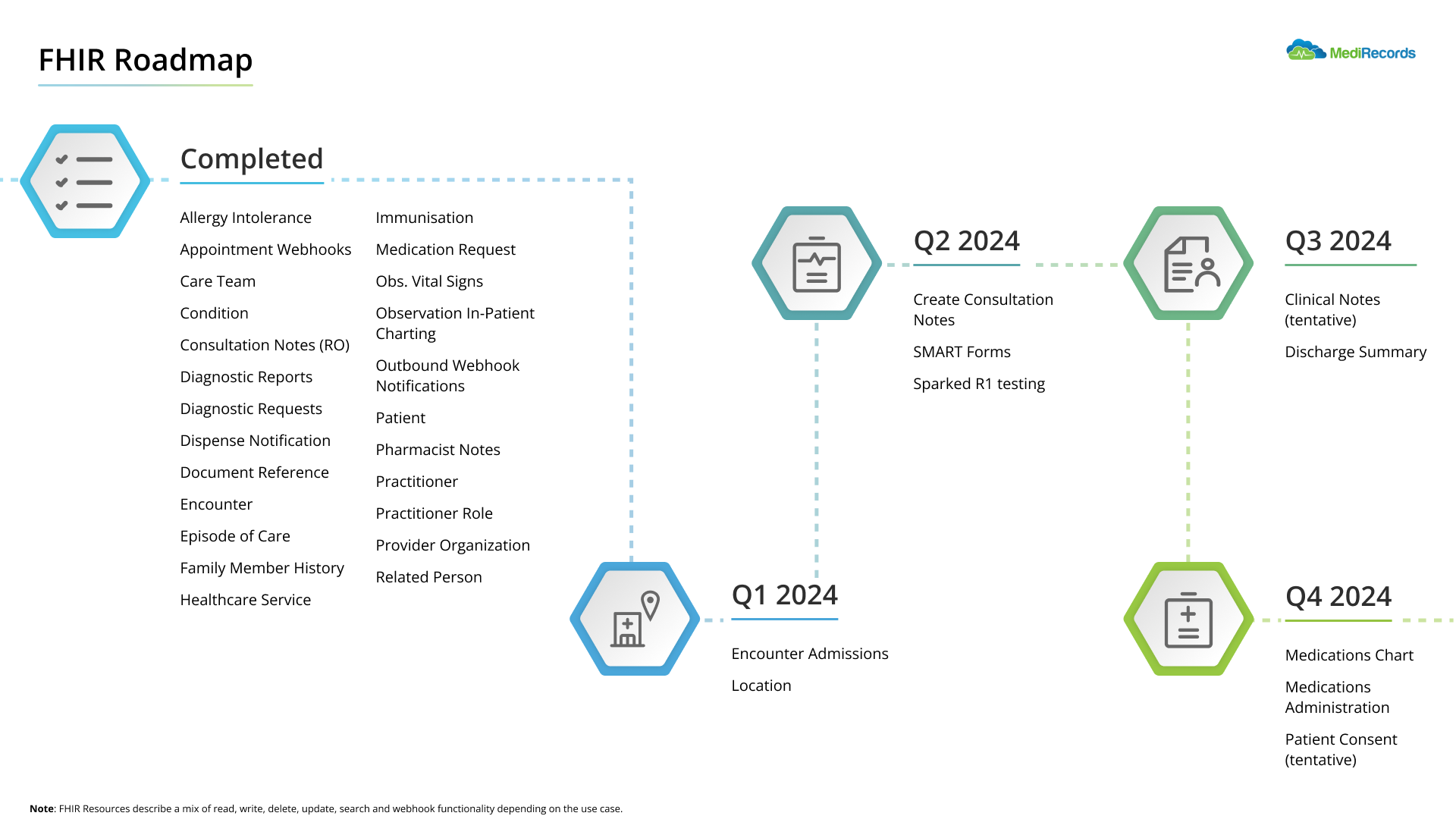Discover more about Healthcare APIs
Whether you are new to APIs, curious about their potential in healthcare,
or want to understand how your organisation can benefit,
our experts are here to help.
About Healthcare APIs
Why do we need APIs in Healthcare?
For years, the healthcare industry has been struggling to securely communicate and transfer data between disparate systems.
Phones, fax machines and competitor clinical systems operating on outdated technology are not only a security challenge, but time consuming.
As the healthcare industry moves towards new models of care and uses of data, the need for greater interoperability is growing.
The solution? Healthcare APIs.
Some Definitions
Interoperability – In the same way a message sent from LinkedIn won’t be received in Facebook, legacy healthcare systems are unable to send and receive data directly between themselves. This ability for healthcare systems to exchange information is what we refer to as interoperability.
APIs – An API is the technology that facilitates interoperability between two systems. This is achieved by creating a common format for data that can be shared easily, accurately and securely between healthcare systems.
REST & FHIR Standards – The gold standard is called FHIR – Fast Healthcare Interoperability Resources, which brings us many benefits. FHIR allows for better data sharing, facilitating information sharing between providers, patients, payers, and researchers to name a few. Another widely used API standard is known as REST – Representational State Transfer.
We are building our APIs to be fully functional with both FHIR and REST standards.
The Future of Healthcare
The current healthcare ecosystem faces a significant challenge to an interoperable future – siloed patient records. Many organizations are still reliant on legacy, server-based systems which do not connect openly or easily with the services required for superior patient care.
Fortunately, the situation is already changing, with cloud-based, interoperable technology built on open APIs offering the solution. APIs will enable more coordinated care between different providers; enabling the patient to be the centre of care, which cloud systems will support in any setting. This includes the hospital, clinic, the lab and in the home, all of which can access a central source of truth for the patient record.
API’s will also enable new models of care, both improving patient experience and creating new revenue models for providers. Examples include remote patient monitoring, care in the home, chronic disease management, improved aged care quality, telehealth, outcome-based models, AI, big data analysis and many more.
While the possibilities are significant, one thing is clear. To future-proof your organisation within a rapidly changing industry, you will need the best, most interoperable systems.
Why MediRecords Connect?
FHIR Standards
Connect is being built using industry leading FHIR & REST standards, enabling accurate sharing of healthcare data across systems
Multiple API Version Histories
We keep and maintain previous versions of our APIs for up to 12 months, providing you with a smooth transition to new standards.Pivot and Scale, Fast
MediRecords products rapidly introduce new innovations, allowing you to pivot and scale your business and models of care quickly and effectively.Vendor Agnostic
We believe interoperability is the future of healthcare. As such, we are vendor agnostic to avoid issues of data conversion.

